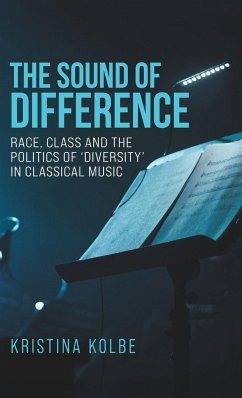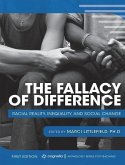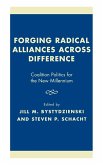Do diversity discourses in classical music reproduce or challenge existing inequalities? How is it that white middle-class domination perseveres despite an increasingly prominent focus on diversity in the classical music sector? This absolutely timely book is a must-read for anybody with an interest in classical music practice. Christina Scharff, Reader in Gender, Media and Culture, King's College London Based on a unique ethnographic study of a classical music organisation, The sound of difference provides a rare 'bottom-up' account of how inequalities manifest and persist in the arts. Put simply, it is one of the most sophisticated and nuanced critiques of the operationalisation of 'diversity' in the cultural sector that I have ever read. Anamik Saha, Professor of Race and Media, University of Leeds What happens when the elitist space of 'Western' classical music seeks to diversify itself? And what are the social effects worked through diversity discourses in classical music institutions? The sound of difference addresses these timely concerns by critically examining how diversity work takes shape in a cultural sector so deeply implicated in hierarchies of class, structures of whiteness, and legacies of imperialism. Against a backdrop of sharpening inequality and upsurging ethnonationalism in Europe, the book explores how diversity discourses are constructed in the organisational and creative processes of music production. From rehearsal and performance practices to the impact of the COVID-19 pandemic, the book unveils the institutional constraints and precarious labour relations that form around diversity work in classical music, and skilfully considers what these processes can tell us about class, race and racism today.








